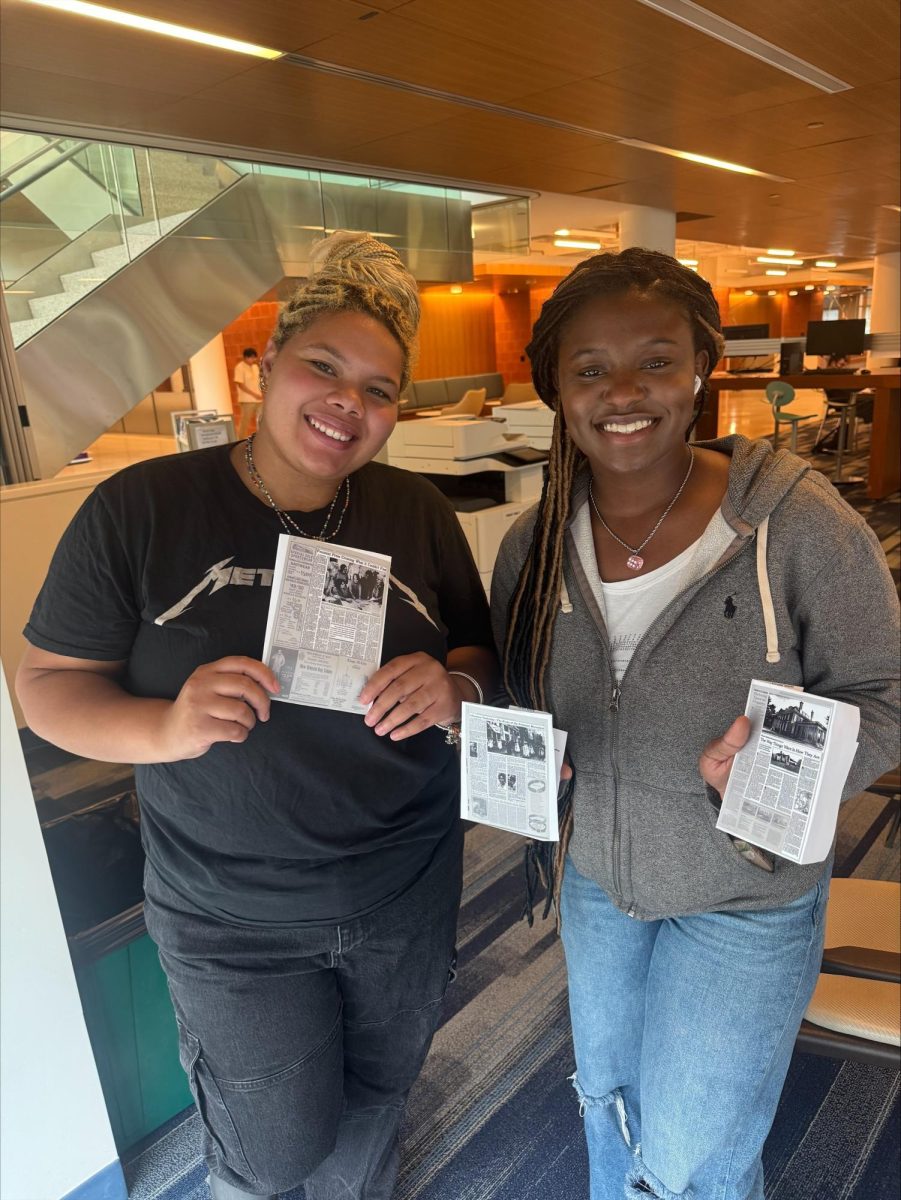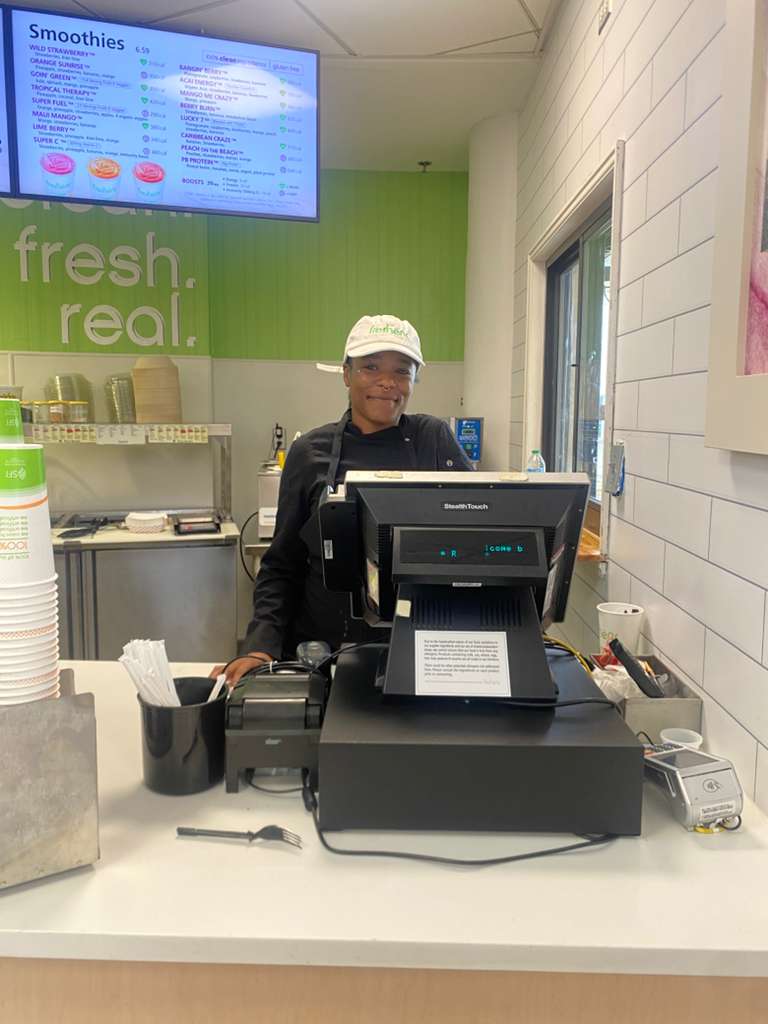
Educator Keba Cairo led a resume-building workshop for Old Westbury students at the Science building on March 13. Cairo is the president for Don’t Snooze on Clues, an organization which “provides students with life skill courses.”
Your chances of landing a job will be influenced by the way you come across on a resume. How can you create a good first impression on potential employers?
Before making a resume it’s important to think about the skills you bring to the table and how they relate to the job. According to Cairo there are hard skills and soft skills. Hard skills are skills learned through education or hands-on experience, while soft skills describe how you work and interact with others. “Soft skills work to demonstrate the impression which hard skills offer employers,” said Cairo.
Your resume should include both a summary and your objectives.
The summary statement communicates your accomplishments, experience, education, and skills and explains why you are a good fit for the position in brief.
Your resume should include your objectives: A brief statement that outlines your career goals, such as the kind of job or industry you want to work in or the skills you are seeking.
Resume objectives are generic statements that fall short of conveying to potential employers why a candidate is a good fit for the role; in comparison, a resume summary makes use of strong, thought-provoking language while taking qualifications into account.
Cairo shared this example of a summary statement: “Analytically driven Maintenance Mechanic with five plus years of experience focusing on the intricacies of equipment and instrumentation.” This gives the employer a brief synopsis of the applicant and their skill set in attention-grabbing language that leads to details about their qualifications.
She shared this example of a resume objective: “Objective to be hired as an Assistant Manager position with an innovative employer in the manufacturing industry.” This example lacks any striking language that leads to hard skills or qualities that build upon those skills, and it is extremely general and applicable to a range of similar positions.
How can you set your resume apart from the competition? Cairo suggests using metrics. Use numbers and data to personalize and contextualize your accomplishments. Cairo shared an example of using data to support an accomplishment: “Helped lead the team that generated $800,000 in revenue for the company.” This example demonstrates how metrics can be used to increase a candidate’s value and provides employers with a general idea of how they might perform in the role.























